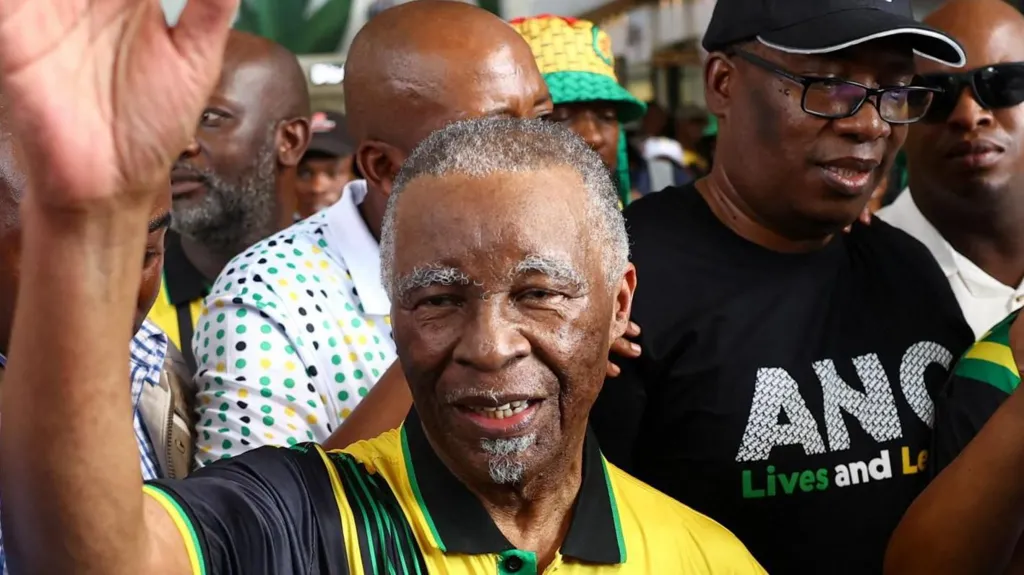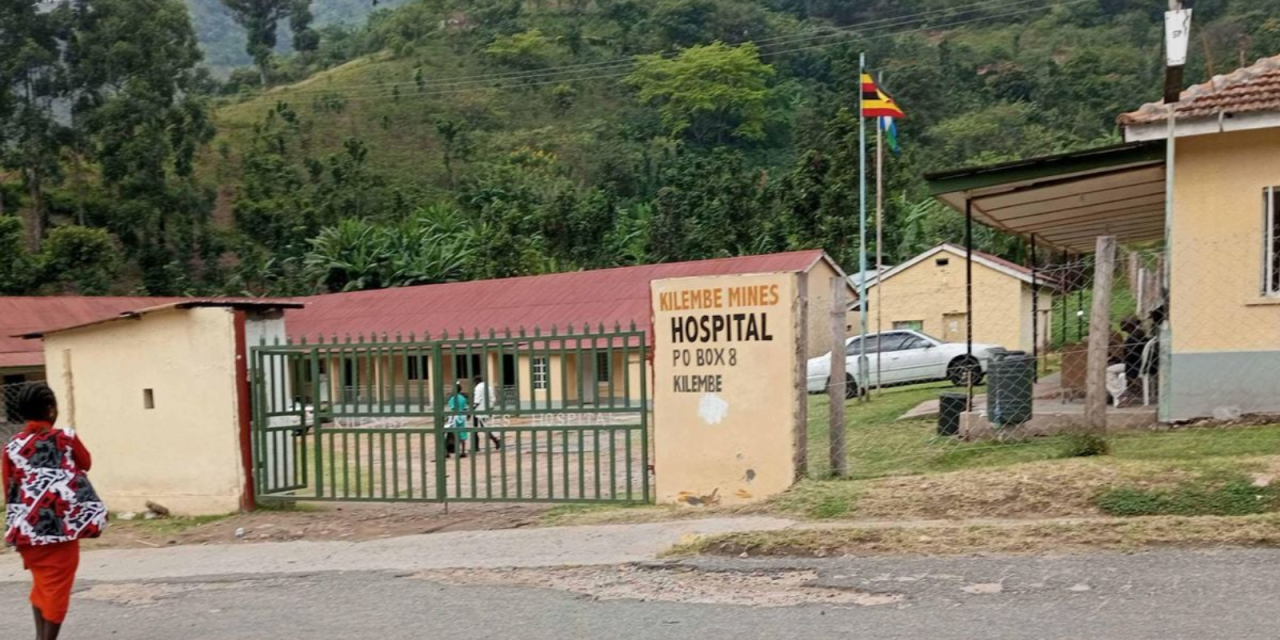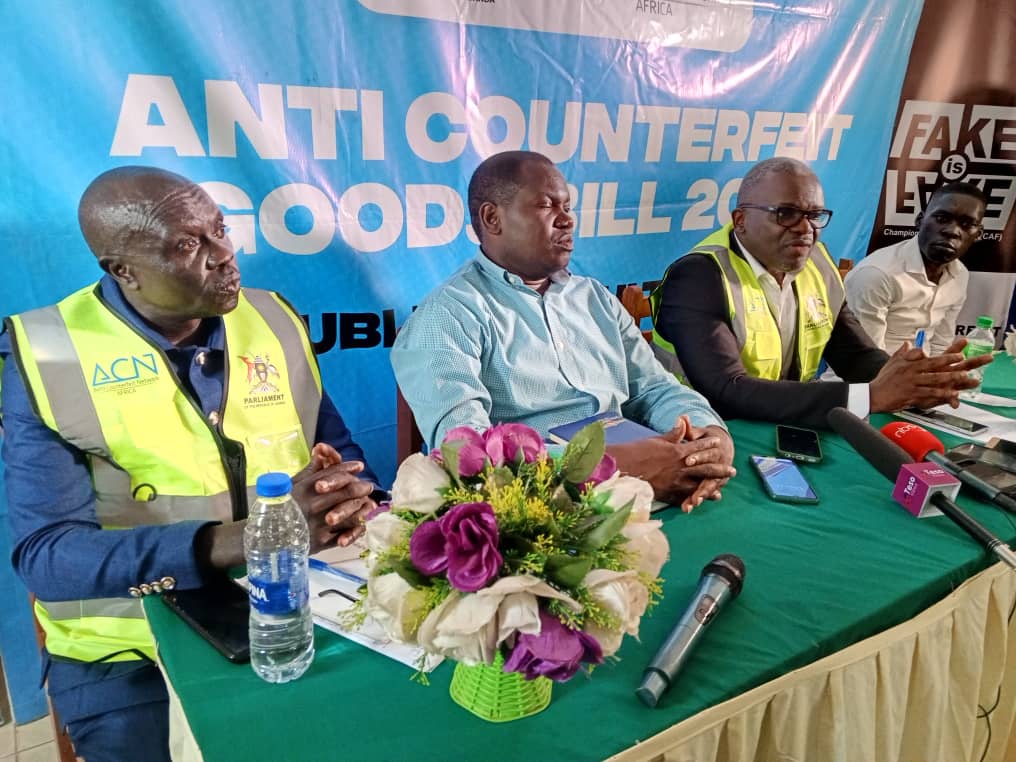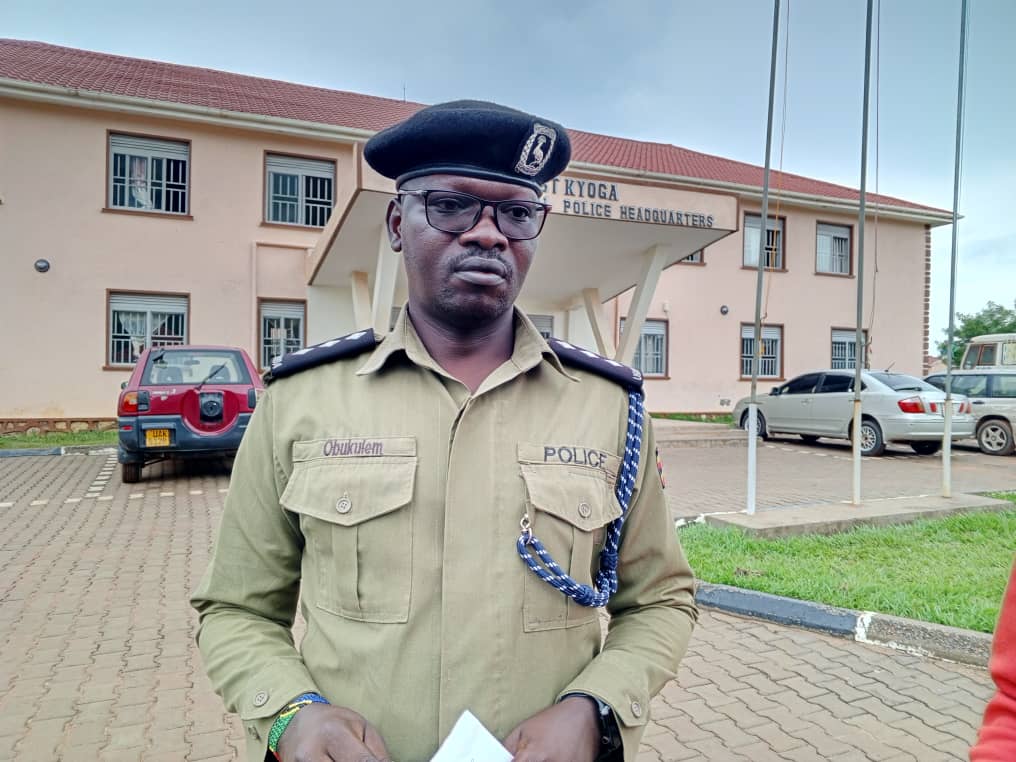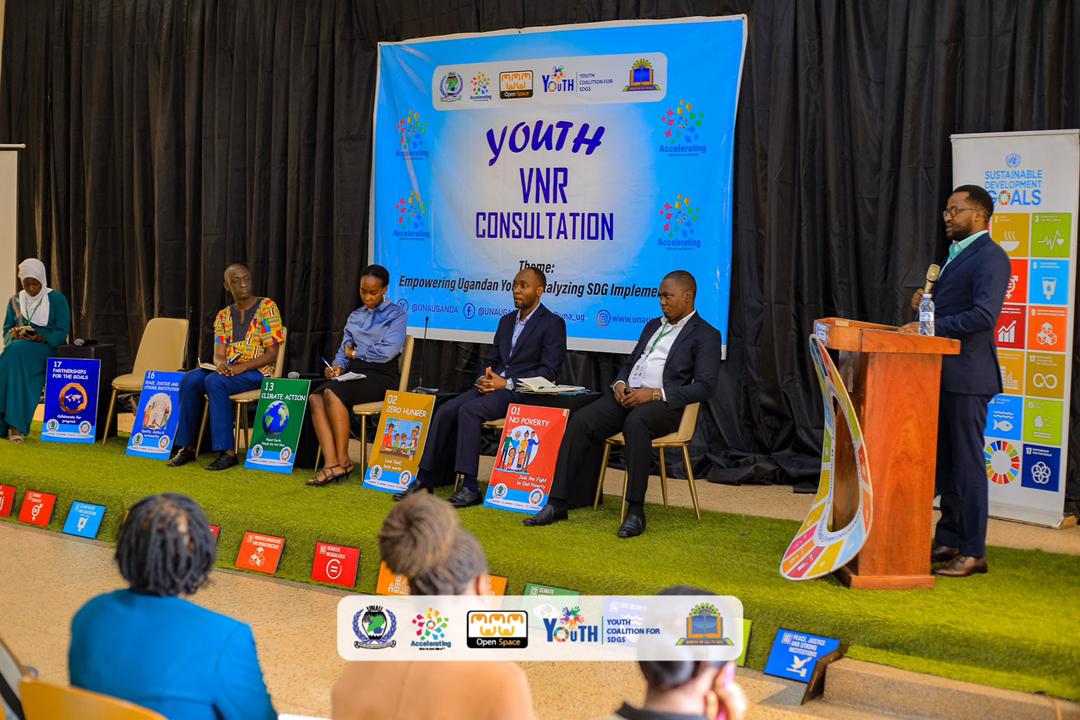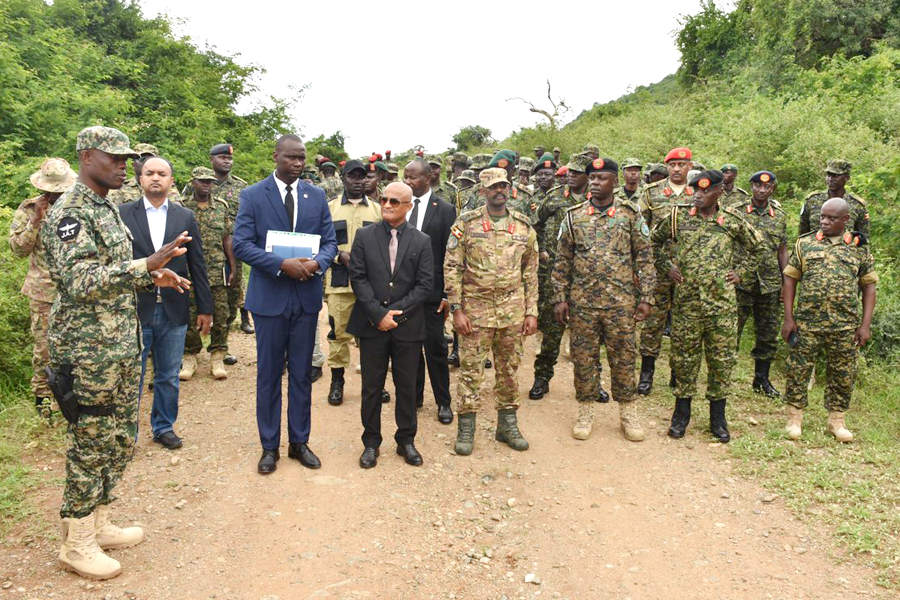Why the Kabaka "missed" Ronald Muwenda Mutebi's silver jubilee fete
SAM MAYANJA
There was no Kabaka at the Ronald Muwenda Mutebi’s Silver Jubilee because the kingdom as constitutionally recognized had ceased to exist in 1966.
The seed to the events which brought an end to that kingdom were planted when two political parties with diametrically opposed ideologies came together to form a coalition government of independent Uganda in 1962.
One of the coalition partners was the Uganda Peoples’ Congress (UPC) which drew its support from the professionals, teachers, salaried workers, trade unionists, and political notables in Kampala and other parts of the country.
The other coalition partner was Kabaka Yekka (KY) whose limited objective was to fight other Ugandans as a way of safeguarding Buganda’s interests.
These interests were never defined beyond the general philosophy of safeguarding the traditions of the Kingdom centred on the preservation of the Kingship or the monarchy.
The two coalition partners shared the two top positions in the government. KY took the Presidency in the person of Edward Mutesa who was also Kabaka of Buganda, while UPC took the Premiership in the person of Apollo Milton Obote.
The conflict between the two parties became public when President Mutesa demanded that Prime Minister Milton Obote ignores the Constitutional provision of carrying out a referendum on what was called the “lost counties.”
The Prime Minister insisted that the Constitutional provisions had to be honoured.
The Prime Minister carried the day and the Referendum was eventually held and the two counties transferred to Bunyoro in 1964.
Thereafter the Buganda traditionalists at Mengo began schemes aimed at undermining and eventually removing Obote from power. A political alliance between President Mutesa and the disgruntled elements within UPC was reached to carry out this plot.
In conjunction with the Mengo traditionalists and with approval of President Edward Mutesa, they sent a written request to the British government for the supply of guns to execute the coup plot.
The British government declined the request but the group obtained arms from the other sources. It should be noted that in this conflict, President Mutesa was perceived as representing divisionism and tribalism while Obote was perceived to be standing for the unity of Uganda as one nation.
Now that both parties were armed, an open war became inevitable. Mutesa’s Royal Chiefs begun drumming armed rebellion around Buganda.
Armed skirmishes broke out all over Buganda. Entire police stations were burnt and several police men scorched to death. The biggest battle was fought at Mengo palace where President Mutesa had retreated.
Edward Mutesa a professional soldier of the rank of a Major General in the elite British Grenadier Guards, commanded his own forces against the Uganda army faction which had sided with Milton Obote.
This faction was commanded by Col. Idi Amin.
President Mutesa’s forces scored an early victory almost wiping out an entire battalion. The Uganda Army sent for reinforcements and after a lengthy spasmodic exchange of fire, Mutesa’s forces were overwhelmed.
Mengo Palace was captured but General Mutesa managed to flee to a life of exile in the United Kingdom.
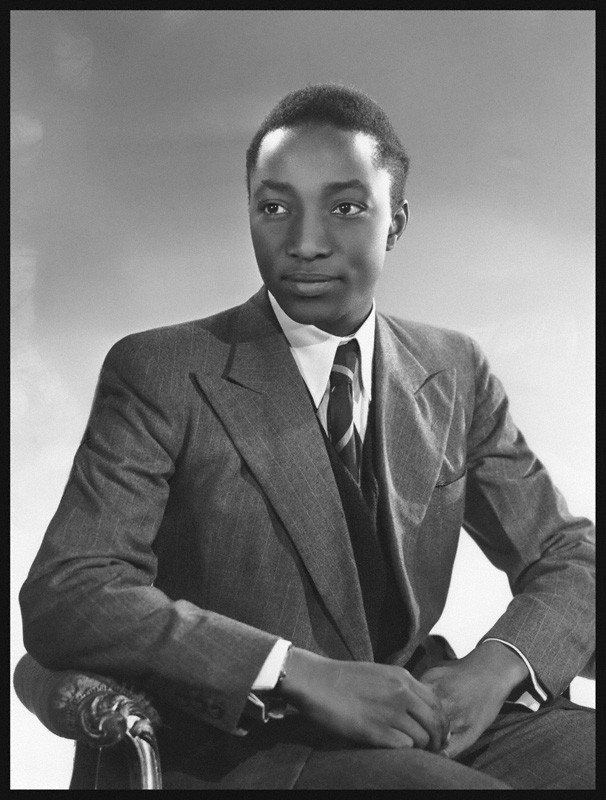
Sir Edward Mutesa
It is remains one of the mysteries of Uganda Politics that Edward Mutesa, a graduate of Cambridge University, King of Buganda Kingdom, President of Uganda and Supreme Commander of the Uganda Army, should have chosen to follow a path that was destined to destroy him and his kingdom.
The land mark case of ex-parte Matovu ruled the events of 1966 were a successful revolution. The revolution was eventually concretised in the 1967 Constitution.
The constitution was Republican, unitary and abolished the federal and semi-federal structures sweeping away, the special positions and privileges hitherto reserved for the federal states.
For the record, the Buganda Federo structure was like that of a sub-State - a State within the State of Uganda.
Buganda Kingdom operated its own administration in the same way it had done during the indirect rule of the colonial period – a virtually independent kingdom with all the entrenched privileges that it had enjoyed since the conclusion of the 1900 Buganda Agreement.
The Republican Constitution established a one unitary country with uniform administrative units named districts.
The Republican Constitution however did not affect the Bataka traditional leaders, who are the preservers and promoters of cultural values in Buganda.
When The National Resistance Movement took power in 1986, it sought to correct the historical injustices which the country had suffered for decades.
The Bataka took this opportunity to organise themselves in a more coherent manner and formed what they called the Bataka Supreme Council.
It was in this scheme that Prince Ronald Mutebi returned to Uganda as Ssaabataka. Unfortunately, the Bataka Supreme Council got infiltrated with feudalists, traditionalists and others who had been part of the former Mengo oligarchy who thought that they had lost so much under the 1966 revolution, and now saw an opportunity to join the organized Bataka Supreme Council as a vehicle to restore their lost privileged position.
Knowing that a Constituent Assembly was about to be inaugurated, a traditional rite of enthroning a Kabaka was organized at Nagalabi and Ronald Muwenda Mutebi was crowned Kabaka.
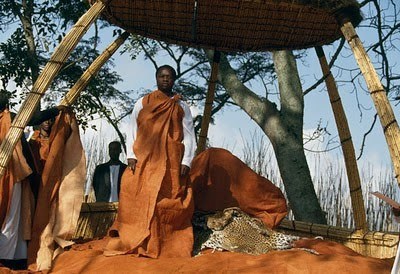 Kabaka Mutebi during his enthronement at Naggalabi in 1993
Kabaka Mutebi during his enthronement at Naggalabi in 1993
Whereas “Ssabaataka” is the cultural title, “Kabaka” is political, but there was no kingdom in the Republic of Uganda for the crowned Kabaka.
The actors in this situation knew the lie they had unveiled to the world, but hoped to put the Constituent Assembly in a situation of fait accompli so that the Constituent Assembly would take the restoration of the Kingdom of Buganda as a finished business and get it incorporated in the constitution without further debate.
So confident were they in this belief that they never bothered to push through Constitutional provisions recognizing Buganda Kingdom as an administrative unit.
Instead they pleaded for a federal status for Buganda. In reality, what they were fronting as Federo was the consolidation of their Nagalabi Act and all the privileges of the pre-1966 Monarchy.
It exposed the naivety with which the Mengo clique had always approached their relationship with the rest of Uganda. However, the Constituent Assembly saw through these manoeuvres and resolved that Uganda shall be a Republic with districts as administrative units.
The “snake in a pot” dilemma which bothers the Uganda political class whenever Buganda especially Kabaka issues come up was proved illusionary.
The constituent assembly however, recognised the principle role of the Bataka in the body politic and social life of Ugandans and enacted chapter sixteen of the constitution allowing for traditional leaders or cultural leaders to exist in any area of Uganda in accordance with the culture, customs and traditions or wishes and aspirations of the people to whom it applies, conferring upon the institution the juridical status of corporation sole.
This is the constitutional foundation of Sabataka and the Bataka leaders in Buganda which has no contradiction in a Republican set up.
Unfortunately, however, having failed in their scheme to get the Constituent Assembly to reverse the gains of the 1966 Revolution, the clique started demanding what they failed to get in the Constituent Assembly.
They have done this without basing their demands on any constitutional provision or any Constitutional capacity to negotiate.
Amazingly, they have succeeded in obtaining land titles to public land and continue to hold on them and carry out conveyancing activities even when the illegality of doing so has been brought to their attention.
Unfortunately, the Bataka Supreme Council which can lay claim to both the constitutional provisions and traditional authority has been consigned to the periphery in the scheme of things in the Buganda Cultural set up.
That is why when Ronald Muwenda Mutebi celebrated his Silver Jubilee, none of the fifty two Bataka heads was at the dais, rendering the ceremony a cultural non-event and therefore of no constitutional consequence.
Looking at the role they played in bringing back their Sabataka to Uganda, the Bataka heads must have relived the refrain of the ancient sage who lamented having rushed to embrace his chains thinking he was clasping freedom to his bosom.
Cultural changes prosper through engagements between tradition and transformation.
With the Bataka cultural leaders not involved in the scheme of things, there cannot be transformation. Only the abyss.
The author is a senior partner at Kampala Associated Advocates.



